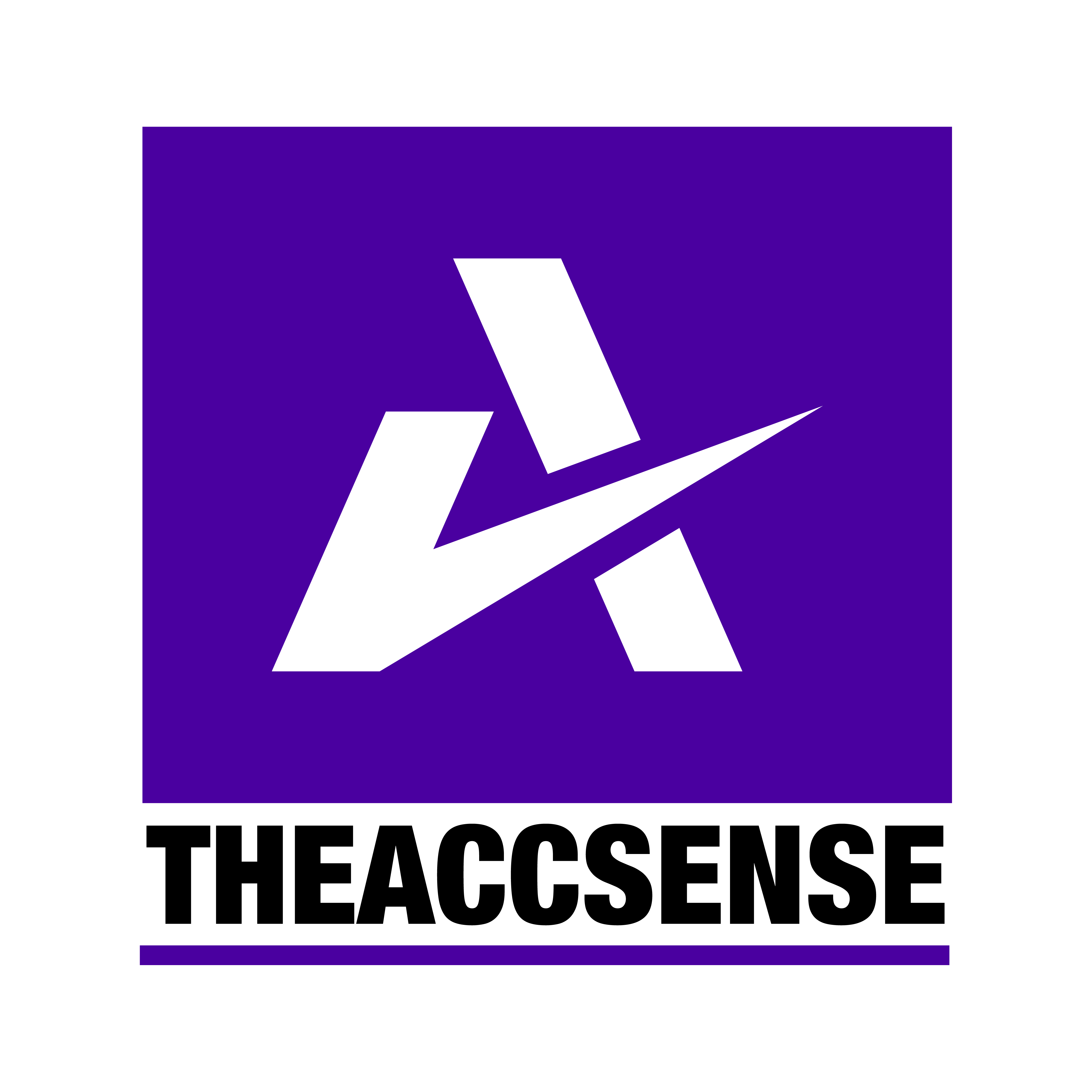In this article, we introduce you to the newly established International Sustainability Standards Board (“ISSB”). However, before we dive deeper into sustainability reporting, it is important to provide you with some information regarding this Board.
The IFRS Foundation Trustees officially announced the establishment of the ISSB at the 2021 United Nations Climate Change Conference (or also known as COP26). The Trustees establishes the ISSB with the primary objective to develop a comprehensive global baseline of high-quality sustainability disclosure standards. The standards aim to meet investors and other capital market participants information needs. ISSB complements the work of the International Accounting Standards Board (“IASB”).
The ISSB focuses on the disclosures and reporting of information by companies on climate and other environmental, social and governance (“ESG”) matters. The first chair of ISSB is Emmanuel Faber, appointed on 16 December 2021 by the IFRS Foundation. The Foundation, however, is yet to appoint the Vice-Chair(s) and other members of ISSB at this juncture.
The role of the Technical Readiness Working Group
As the work to establish the related sustainability standards will require some time, the IFRS Foundation Trustees has also established a working group. This working group is the Technical Readiness Working Group (“TRWG”) and its function is to undertake the preparatory work for the ISSB.
At the COP26, the IFRS Foundation Trustees has also announced the publication of two significant sustainability-related prototypes which are:
- Firstly, the General Requirements for Disclosure of Sustainability-related Financial Information Prototype; and
- Secondly, the Climate-related Disclosures Requirement Prototype.
These prototypes serve as the foundation or recommendations by the TRWG to the ISSB in developing sustainability-related financial information standards. The sustainability standards aim to complement IFRS standards issued by the IASB.
We will cover the details of these prototypes in our future articles.
The ISSB and sustainability standards
The ISSB works independently from IASB. However, the sustainability standards will follow the same process and approach as the IASB before any requirements and the work plan is finalised. The IFRS Trustees’ Due Process Oversight Committee will play the oversight function on this process.
Whether the sustainability standards will be made mandatory for all companies, IFRS Foundation adopts a similar approach to the IASB’s standards. Therefore, the decision of whether to mandate the use of the ISSB’s standards is in the hand of respective jurisdictional authorities. In this regard, the ISSB will develop a comprehensive global baseline of sustainability disclosures and develop the standards in such a way that they can be mandated and combined with jurisdiction-specific requirements.
To develop the sustainability standards, the ISSB will build on the work of existing investor-focused reporting initiatives, including:
- The Climate Disclosures Standards Board;
- The Task Force for Climate-related Financial Disclosures;
- The Value Reporting Foundation’s Integrated Reporting Framework and SASB standards; and
- The World Economic Forum’s Stakeholder Capitalism Metrics.
Further information on the ISSB is available on IFRS’s website.

